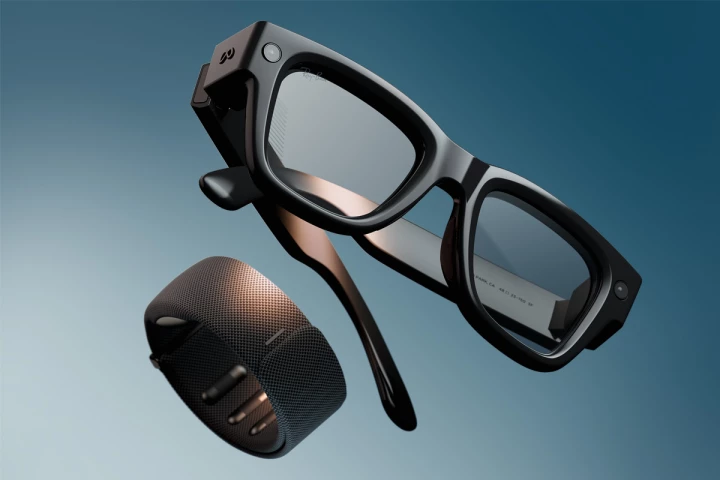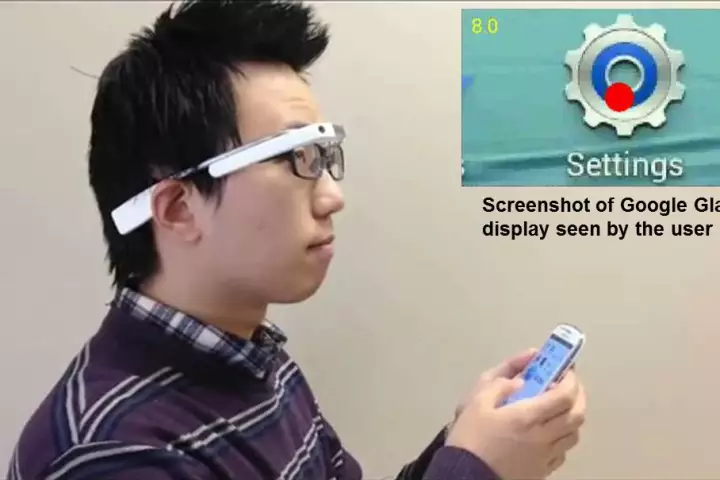Google Glass
-
The new Meta Ray-Ban Display smart glasses look like a regular ol' pair of shades, but they show you a floating screen with useful content. That's already pretty neat, but I'm honestly more excited about the companion wristband they ship with.
-
Seven years after the death knell was sounded for Google Glass, the tech giant is returning to the well of augmented reality to produce another set of smart eyewear, which it will trial publicly from next month.
-
Although many of us may have forgotten about Google Glass, the technology is now the base of a set of glasses designed to assist the blind. Known as Envision Glasses, they utilize AI to verbally tell their wearer what they're looking at.
-
Arguably the thing that killed Google Glass was how dorky they looked. Whether or not that’s the real reason AR glasses never took off, it’s the story that other companies always push while marketing new devices that fit smarts into normal-looking frames. And the latest is the new Norm Glasses.
-
Kids with autism spectrum disorder (ASD) often find it difficult to gauge other people's facial expressions – this can in turn lead to problems in communicating with those people. Scientists at Stanford University, however, are seeing new hope in an approach that utilizes Google Glass smart glasses.
-
Among other things, children with autism spectrum disorder (ASD) often have difficulty initiating and maintaining conversations. That's why a team of scientists created Holli. It's an app that presently runs on Google Glass, and it tells ASD kids what they should say next.
-
After going dark in 2015, Google Glass is making a triumphant return. For the last two years Glass has been working with a variety of companies to find ways of incorporating the device across a broad spectrum of businesses.
-
Smart glasses once seemed like a gadget our future selves wouldn’t be able to go without, but they’ve mostly retreated from the public eye. Now Lenovo has set its sights on the augmented reality eyewear arena, with a business customer-focused pair of smart specs it calls New Glass C200.
-
If you want to learn Morse code, it turns out that all you have to do is play an experimental new Google Glass-based game. Players have the code buzzed into their head while they play, so they don't have to make a point of intentionally memorizing anything.
-
Smartglasses aren't unlike smartphones, in that you don't want just anyone picking up yours and using it. Conventional passwords are one way to go, but scientists have developed an alternative that doesn't involve memorizing anything – you do, however, have to let the glasses buzz your skull.
-
Smartphone users with limited vision will often utilize the phone's zoom feature. The problem is, it can be difficult to keep track of which part of the overall display they're zoomed-in on. That's why researchers have developed a Google Glass-based alternative.
-
Tesla Studios recently announced that it has developed a full-body suit that will give the wearer a sensory experience to match the visual experiences now available through virtual reality headsets. Called the Teslasuit, it relies on neuro-muscular electrical stimulation technology.
Load More











